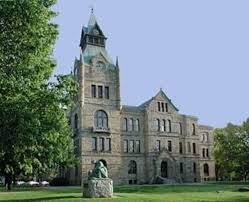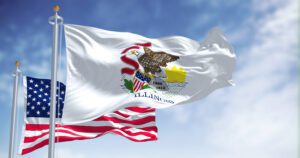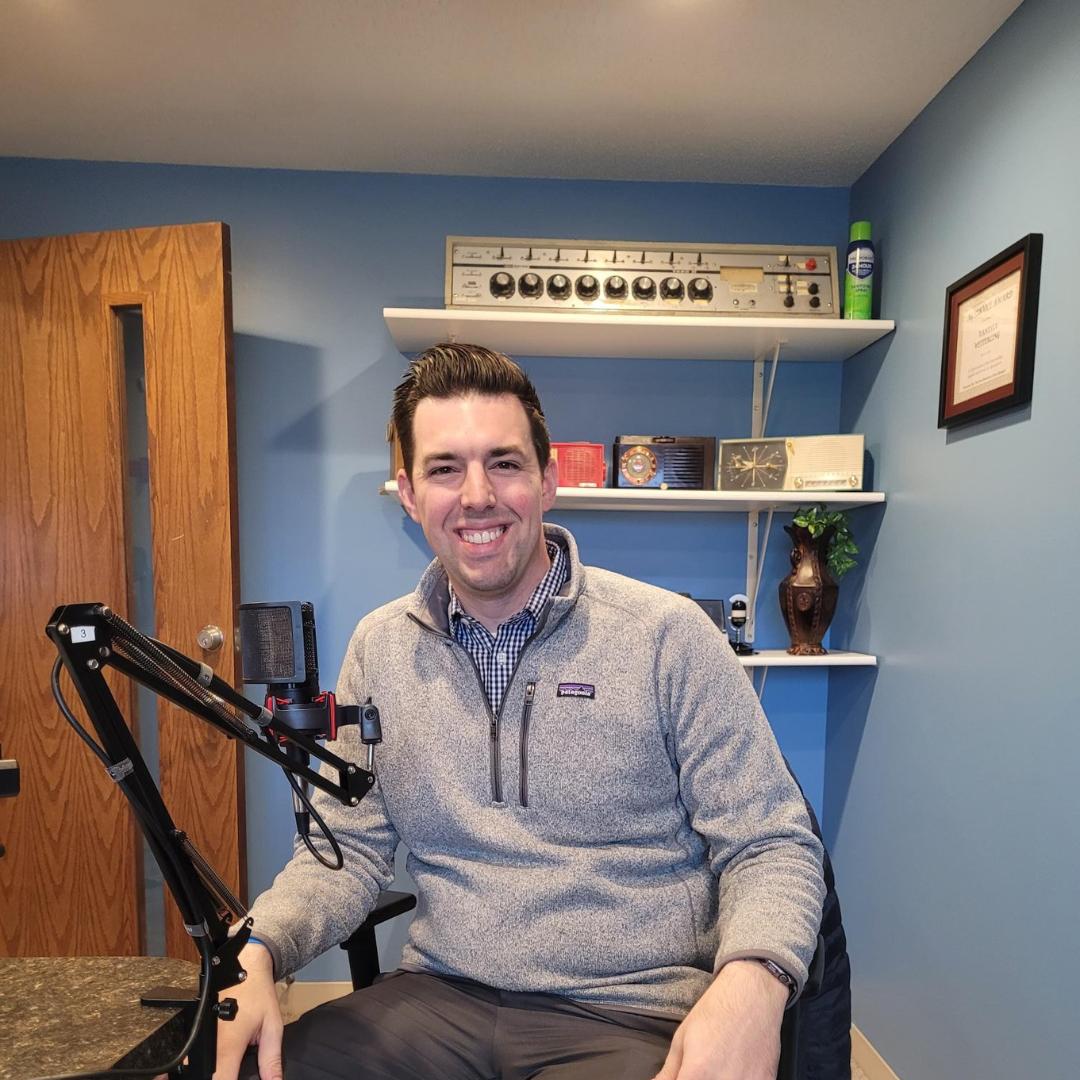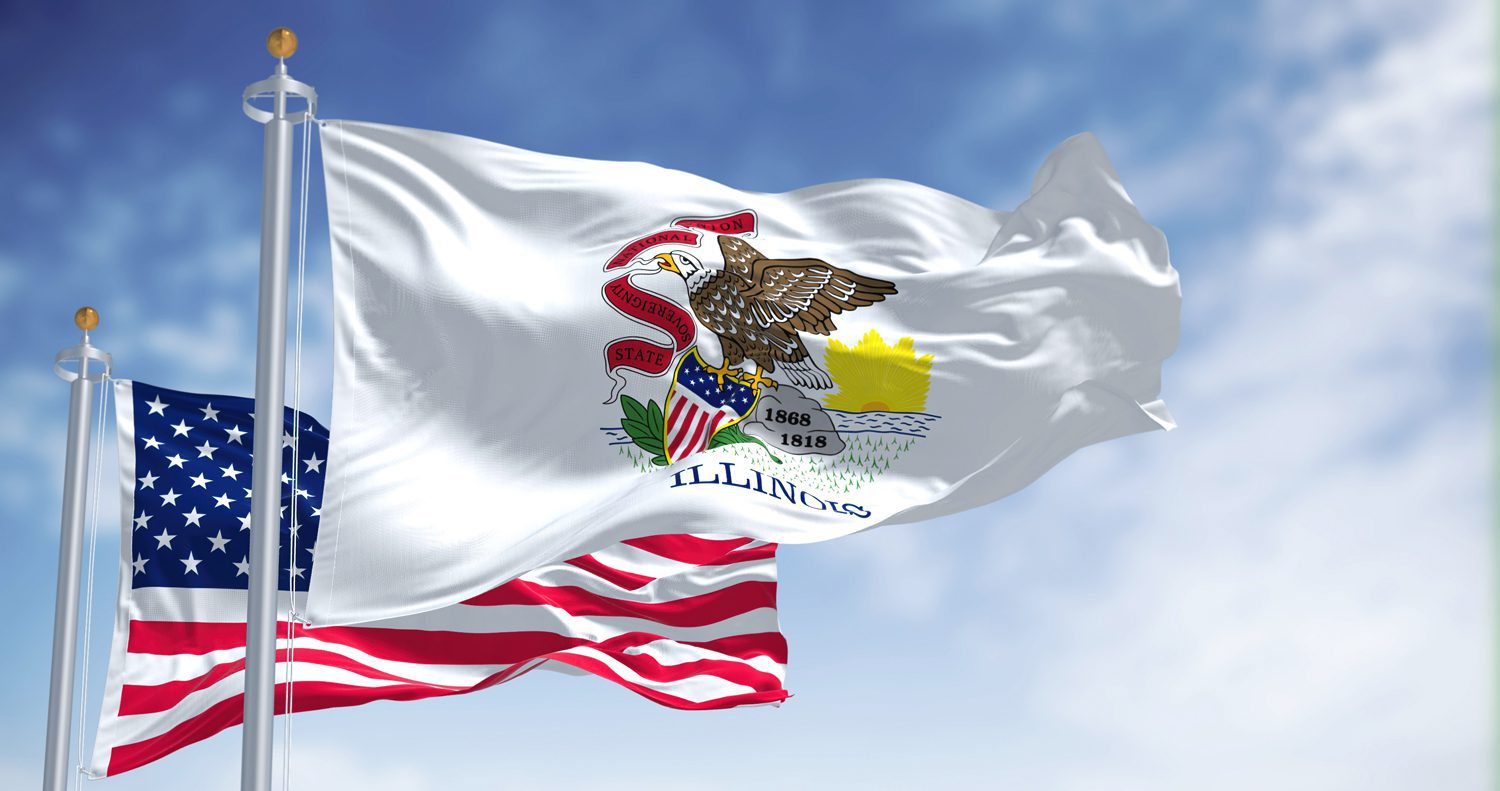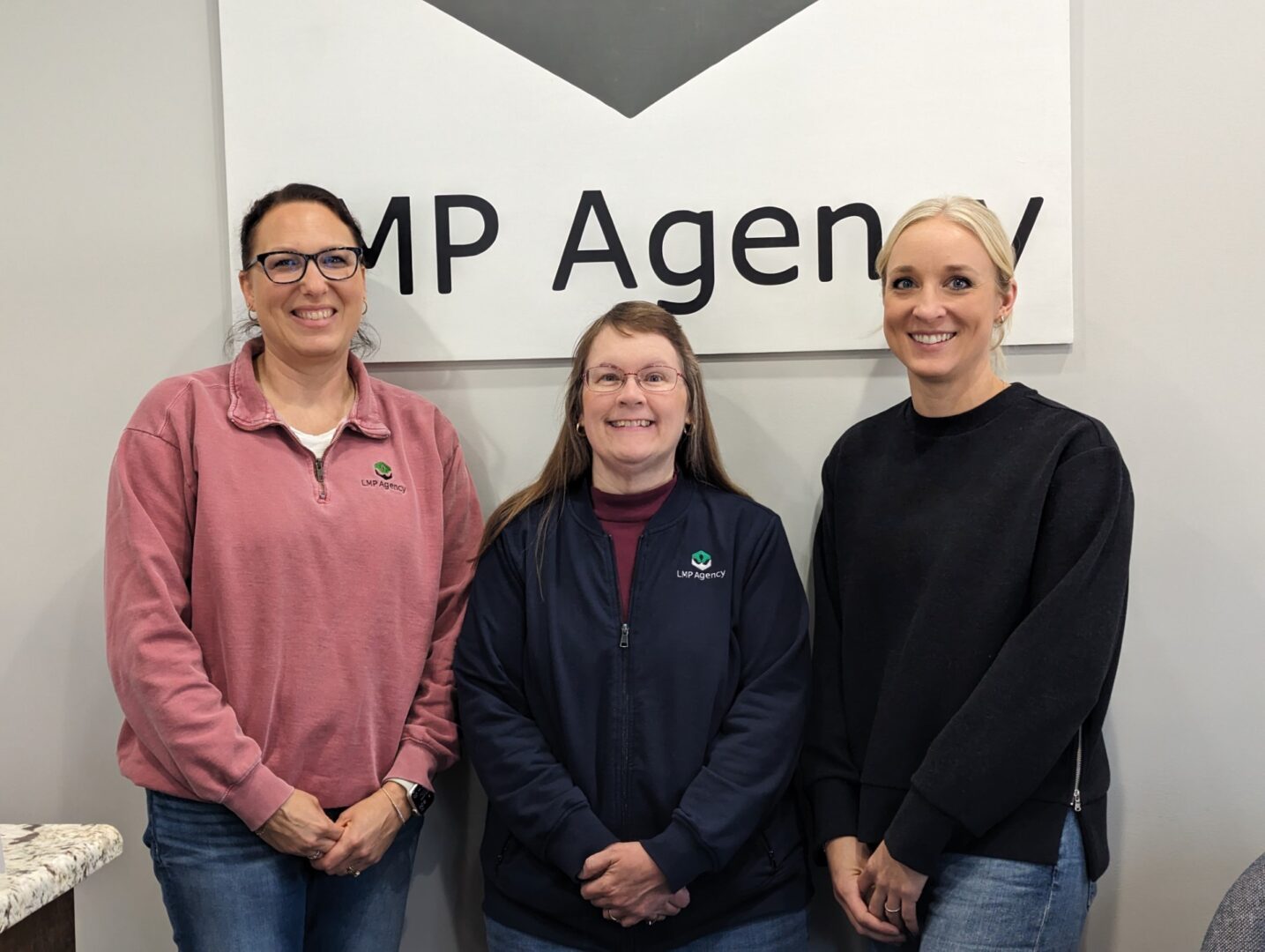Monmouth College’s academic “heart” recently underwent surgery, and it emerged stronger than ever. College faculty and staff created a new core curriculum that will be implemented this fall. Students will find it more transfer-friendly, it allows them to take more electives, and it continues to help them better prepare for rewarding careers.
For the past three years, members of the Monmouth community were hard at work behind the scenes, preparing a new core curriculum at the national liberal arts college.
Funded by a $200,000 grant from The Andrew W. Mellon Foundation of New York, that work is now complete, and the new curriculum will begin when the 2022-23 academic year opens on Aug. 24.
Language in a handbook detailing “The Monmouth Curriculum” reads: “The Core Curriculum is at the heart of the transformational educational experience that Monmouth College offers and provides the foundation for students to explore their passions and understand the world and their place in it.”
“The liberal arts mean preparing students for leadership, citizenship and rich personal and professional lives,” said Dan Ott, Monmouth’s former associate dean of academic initiatives, who led the development of the new curriculum.
Another person who helped shape the new core curriculum was art professor Stephanie Baugh, whose service to the College includes serving as coordinator of Introduction to Liberal Arts, the previous required course for first-year students.
Baugh, who is now associate dean of academic initiatives, described one her duties in leading the development of the new core as being “the coordinator of the coordinators.” That includes educational studies professor Brad Rowe, who will oversee the first-year experience requirement, titled “Inquiry & Identity,” which has taken the place of ILA.
“The first-year experience course is a key fixture of the curriculum,” said Baugh. “Inquiry is the root of all learning, and identity is a complex and multifaceted topic. What does it mean to be on a college campus? What is going to be expected of them? Who are they as individuals? Who are they as members of a campus community? As members of the local community?”
Baugh said the three-year curriculum revision process was “intentionally inclusive,” soliciting feedback at every step of the way.
“We had two successive teams, each composed of about eight people,” she said. “The process was intentionally inclusive and also included town halls and feedback from students. As we really developed the curriculum and started narrowing down what the changes might be, we got additional feedback from the faculty, the students, everybody.”
‘Three essential components’
“In revisiting the core curriculum, we focused on three essential components,” said Baugh. “First are foundational courses that provide students with the skills and knowledge to move forward with their college courses and with life. Second are the ‘Inquiry’ courses that significantly increase the breadth requirements, now including the areas of the arts, humanities, natural sciences, quantitative reasoning and social sciences.
Baugh said the breadth component was expanded “because making connections across disciplines is essential to what a liberal arts college does.”
“The new curriculum is intentionally integrated,” she said. “We are trying to establish connections across the disciplines. There are many ways in the core curriculum that students will see the same concepts introduced, reinforced and repeated. We want that to occur throughout the entirety of their Monmouth College experience.”
The third component are changes that made the new curriculum “particularly interesting and distinctive.”
“Through ‘Engagement’ courses, we will address critical issues that are present in our lives,” said Baugh.
Those course offerings will explore identity, diversity and equity; global learning; community engagement; and languages and cultures.
“We’ll be asking the students to examine how that content connects with them personally,” said Baugh.
Competencies and flexibility
The new curriculum will help Monmouth students progress in the four core competencies of the institution – the abilities to inquire and analyze; to synthesize and create; to communicate and interpret; and to become engaged learners.
Previously, in addition to ILA, Monmouth students took an “integrated studies” course in their sophomore, junior and senior years. Baugh said a more “flexible” path has replaced that structured approach.
“It’s a very flexible curriculum that provides students with lots of choices,” she said. “There’s much more space for electives. …. The new curriculum is also very transfer-friendly.”
Baugh noted that all Monmouth students are subject to the graduation requirements of the College catalog in place during their first year, so the entering Class of 2026 will be the first to meet the requirements of the new core curriculum when fall classes begin.
***Courtesy of Monmouth College***



